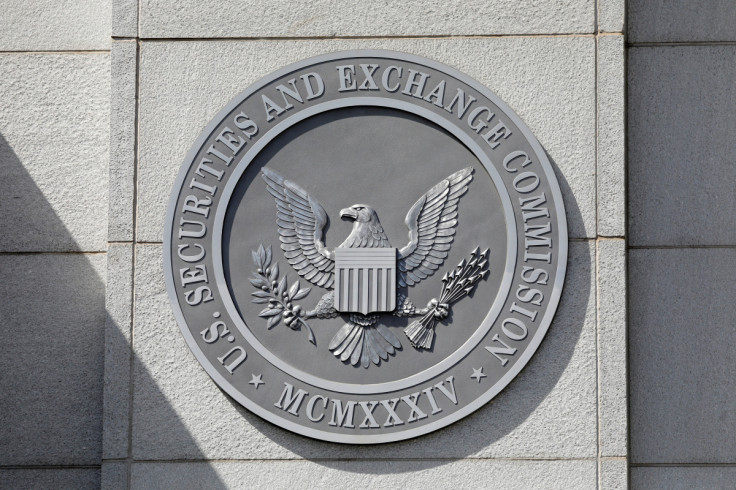US Exchanges Trading Over A Dozen Cryptos Deemed Illegal To Sell By SEC: Report
Even as the Securities and Exchange Commission (SEC) tries to regulate cryptocurrencies, several U.S. cryptocurrency exchanges have listed over a dozen digital coins outlawed by the agency.
The number of cryptocurrencies designated as illegal by the SEC has nearly tripled over the last year, according to a Wall Street Journal report.
Tthe SEC has been making efforts to regulate cryptocurrencies for almost five years, asserting that it has the authority to oversee digital coins and platforms trading them.
The SEC has the authority to regulate only those digital coins classified as securities, including assets like stocks and bonds. But many of these assets were distributed illegally, considering only SEC-registered securities can be sold to the public wherein issuers can provide financial and risk disclosures.
Since 2017, the SEC and U.S. courts have identified 76 cryptocurrencies as securities, out of which 16 were available for trading on one or more leading crypto exchanges in the country, according to PYMNTS. On the other hand, a number of tokens were delisted from exchanges following SEC enforcement actions.
Selling securities, including crypto tokens, to the public, without registration, will hold the issuer in violation of investor-protection laws.
As SEC and crypto companies clash overrules to regulate the crypto space, one of the biggest debates, is whether a cryptocurrency should be classified as a security, a commodity or a currency among other possibilities. An appropriate designation will help in identifying the specific regulator.
For instance, if crypto is designated as a commodity like crude oil or coffee, it will be regulated by Commodity Futures Trading Commission. However, if crypto would be deemed a security, like stocks, bonds and exchange-traded funds, they will fall under SEC jurisdiction.
By total value in circulation, Ripple Labs-sponsored XRP digital coin is the largest among those assets labeled a security by the SEC.
SEC Chairman Gary Gensler previously specified Bitcoin as an exception, classifying it as a commodity.
The SEC has intensified its crackdown on crypto companies under Gensler's leadership. Since 2022, the agency has taken over 50 enforcement actions against crypto companies citing fraud and failure to register securities, among other allegations. This is a 50% increase in cryptocurrency-related enforcement actions in 2022 compared to the previous year.
"I'm trying to drive it to compliance, and if they're not complying with the laws then they shouldn't be offering their products to U.S. investors," Gensler said during a hearing last month.
Meanwhile, the crypto industry has condemned Gensler's decisions, forcing leading companies to move their operations overseas.
Some investors assert more SEC regulations will help legitimize the crypto space, while others express concern over extensive regulatory interference that could hamper the industry's decentralized appeal.

© Copyright IBTimes 2025. All rights reserved.





















